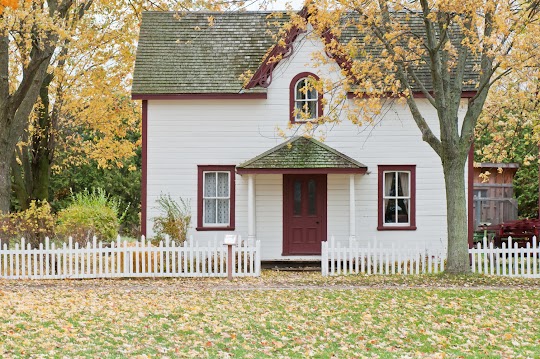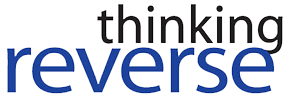The adage that reverse mortgages should only be used as the last option is not valid anymore. Nowadays, they can help you improve your retirement income plan in a number of ways.
Before we discuss a few specific ways a reverse mortgage can benefit you, here’s a little definition of this mortgage type: If you are at least 62 years old, a reverse mortgage is a means to turn the equity in your principal residence into a usable resource. It’s essentially a reverse mortgage. The lender offers you a sum based on how much equity you have in your house. Payback is not required, unlike a regular mortgage. However, you must pay your property taxes and homeowners insurance on time.
Find Out If A Reverse Mortgage Is Right For You
Receive a Personalized Analysis Specifically For YouThere is a healthy cynicism of reverse mortgages, which isn’t always bad because individuals should be cautious when using debt. Reverse mortgages, on the other hand, can help you spend more wisely in retirement.
Four Ways a Reverse Mortgage Can Help You Make More Money in Retirement
- Coordinated Spending with Your Portfolio. One of the biggest concerns for retirees taking withdrawals from their investment portfolios is experiencing a period of negative stock market returns in their early years of retirement. These retirees may be forced to sell investments at inconvenient periods because they need to use the portfolio to cover living expenses. Because of a feature called a standby line of credit, reverse mortgages can assist lessen this risk. A set of criteria determines your credit line, including the mortgage size, your age at the time of loan origination, and interest rates. Someone with a $500,000 mortgage-free home could get a reverse mortgage line of credit worth roughly half of his home equity. This line of credit can be used as a safety net in the early stages of retirement to protect against poor portfolio performance. Depending on the market climate, you can synchronize spending between your portfolio and your reverse mortgage.
- Supplemental Income for Postponed Social Security Benefits. Many financial advisers recommend clients wait as long as possible before filing for Social Security benefits, up to the age of 70. This is because delaying claiming between the ages of 62 and 70 increases payments per year. However, because you can collect Social Security payments as early as age 62, someone could be without a stable source of non-portfolio income for up to eight years. In this situation, setting up a reverse mortgage with an eight-year term payout is one option to consider. It can give a “bridge” income to replace all or part of the income provided by Social Security.
- Providing Heirs with Larger Inheritances. You might believe that a reverse mortgage’s initial payments and compounding interest would considerably diminish an inheritance you want to leave your heirs. This could be true, but it isn’t always the case. Closing charges, a mortgage insurance premium, and origination fees are all upfront costs. While the sum of these costs may appear considerable, keep in mind that the residence is a single asset with no diversification. Instead of a diversified stock portfolio, using the property to provide retirement income could result in a more significant overall inheritance. One of the benefits of a reverse mortgage that is often overlooked is that it acts as a protective hedge against the value of your home. In other words, regardless of the value of your home, your borrowing capacity grows. Michael Harrel quoted “You can continue to generate retirement income even if the value of your property drops. Your heirs will not be liable if the house needs to be sold in the future, such as after the second spouse’s death.”
- Contingency Fund for Unexpected Expenses. You may face unexpected bills in retirement. Your health may deteriorate, which requires long-term care. In such cases, having access to a reverse mortgage line of credit could be highly beneficial. A reverse mortgage is often better suited to pay for in-home care rather than nursing home care when it comes to long-term care costs because you might not be able to maintain a reverse mortgage active for more than a year if you’re in a nursing home.
Michael Harrell Group: Applying for a Reverse Mortgage in Dallas
Reverse mortgages offer a great deal of flexibility. They’re a terrific method to meet your specialized retirement-related needs. While they aren’t appropriate for every situation, they are a financial instrument to consider if you need access to disposable income in your retirement years.
If you are looking for a reverse mortgage lender in Texas, you have come to the right place. Michael Harrell Group will offer you the best option for your needs. Request a quote today!
Find Out If A Reverse Mortgage Is Right For You
Receive a Personalized Analysis Specifically For You
